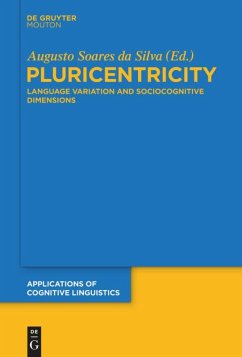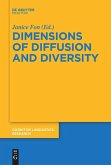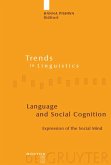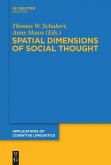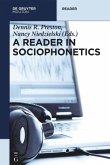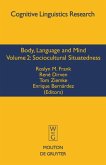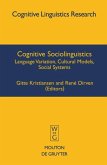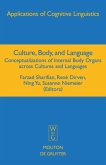The "one-nation-one-language" assumption is as unrealistic as the well-known Chomskyan ideal of a homogeneous speech community. Linguistic pluricentricity is a common and widespread phenomenon; it can be understood as either differing national standards or differing local norms. The nine studies collected in this volume explore the sociocultural, conceptual and structural dimensions of variation and change within pluricentric languages, with specific emphasis on the relationship between national varieties. They include research undertaken in both the Cognitive Linguistic and socolinguistic tradition, with particular emphasis upon the emerging framework of Cognitive Sociolinguistics. Six languages, all more or less pluricentric, are analyzed: four Germanic languages (English, German, Dutch and Swedish) and two Romance languages (Portuguese and French). The volume describes patterns of phonetic, lexical and morphosyntactic variation, and perception and attitudes in relation to these pluricentric languages. It makes use of advanced empirical methods able to account for the complex interplay between conceptual and social aspects of pluricentric variation and other forms of language-internal variation.
